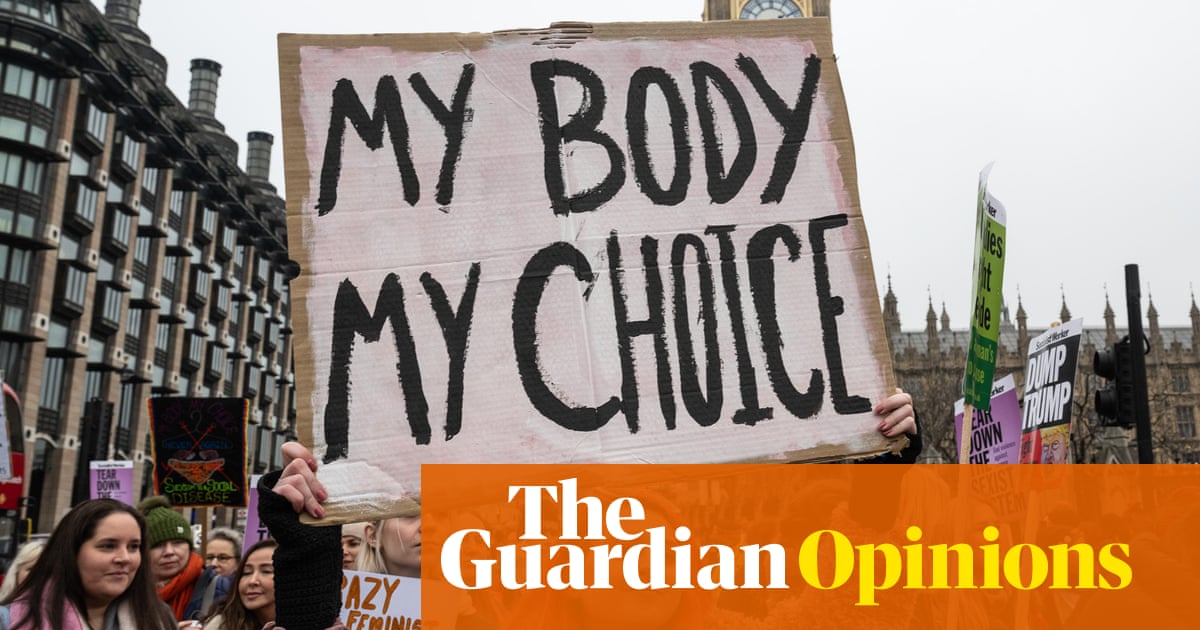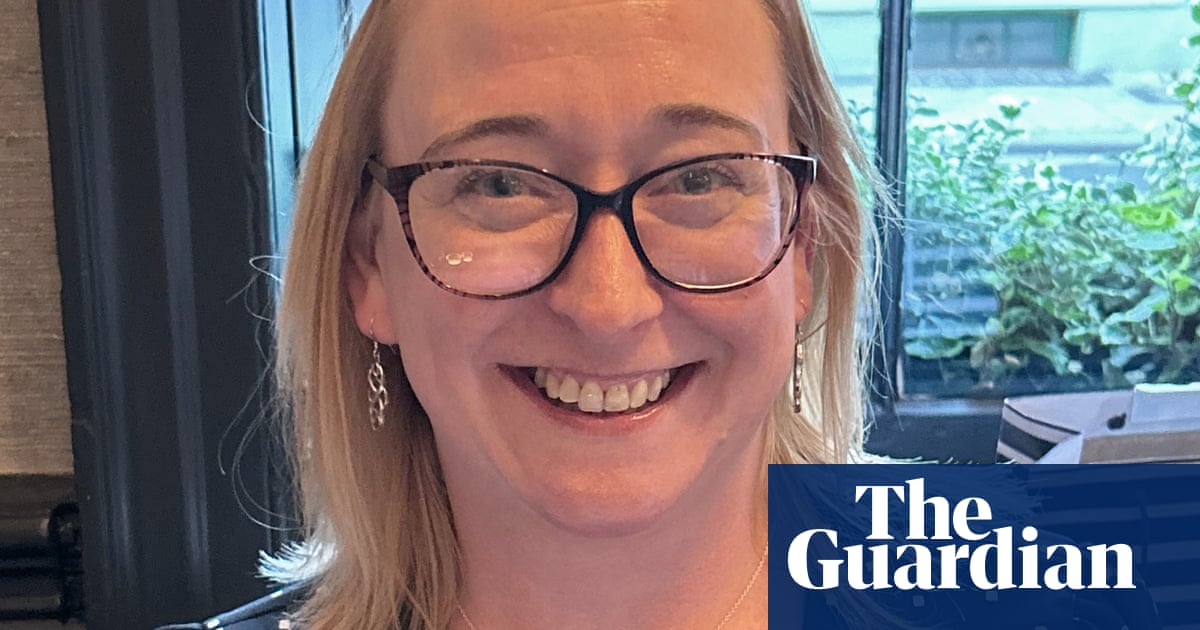A cross-party committee of MPs has written to the UK’s equalities watchdog to seek assurances that its guidance on how organisations interpret the landmark supreme court ruling on gender issues does not ignore the needs of transgender people.
The letter from the Commons women and equalities committee to Kishwer Falkner, the chair of the Equality and Human Rights Commission (EHRC), also urged her to extend the two-week timetable for people to submit views on how the EHRC’s code of practice for organisations should work, saying this should be at least six weeks.
It follows concern from transgender activists and a number of MPs that Falkner and her organisation have thus far taken an overly literal approach to last month’s supreme court decision, which ruled that “woman” in the Equality Act refers only to a biological woman.
Immediately after the judgment, Falkner said the ruling meant only biological women could use single-sex changing rooms and women’s toilets, or participate in women-only sporting events and teams, or be placed in women’s wards in hospitals.
Interim guidance from the EHRC set this out more formally, saying also that in some circumstances, transgender men, who were born as women, should not be able to use male toilets, while adding that trans people “should not be put in a position where there are no facilities for them to use”.
While ministers have welcome what they called the “clarity” of the ruling and guidance, a number of MPs have raised worries about the implications for transgender people, for example whether people who had lived as women for decades would suddenly have to start using men’s toilets.
Sarah Owen, the Labour MP who chairs the women and equalities committee, has said many transgender people were “anxious and unsure about where this ruling leaves them”.
The letter, sent on behalf of the whole committee, asks Falkner to give information on a number of points, including: “What steps the EHRC will be taking to ensure that the code of practice is supportive of the rights of all people (as noted in the supreme court judgment).”
It also asks “whether the code of practice will clarify rights of trans people, for example around strip-searching by police officers?”.
In the wake of the ruling, the British Transport Police said it had updated its policy so that searches in custody would be conducted “in accordance with the biological birth sex of the detainee”, meaning that trans women will in future be strip-searched by male officers.
On the two-week timetable for the consultation, the committee asked: “What the reasoning was on deciding on a two-week consultation period and how that consultation will work in practice, for example will the EHRC proactively seek input from any particular groups or stakeholders?
“As a committee, we feel that at least six weeks minimum would be more appropriate to allow all stakeholders, including individuals, charities and disability groups, businesses, health providers and local authorities to contribute.”
The letter also asks Falkner to set out what advice is being given to organisations who raise queries prior to the new code being available, and when it would be finalised.
It also notes that the ruling meant there “may be legal implications beyond the scope of the issues considered by the supreme court”, asking if the EHRC will accept submissions on these.
The EHRC was contacted for comment.

 4 hours ago
8
4 hours ago
8













































